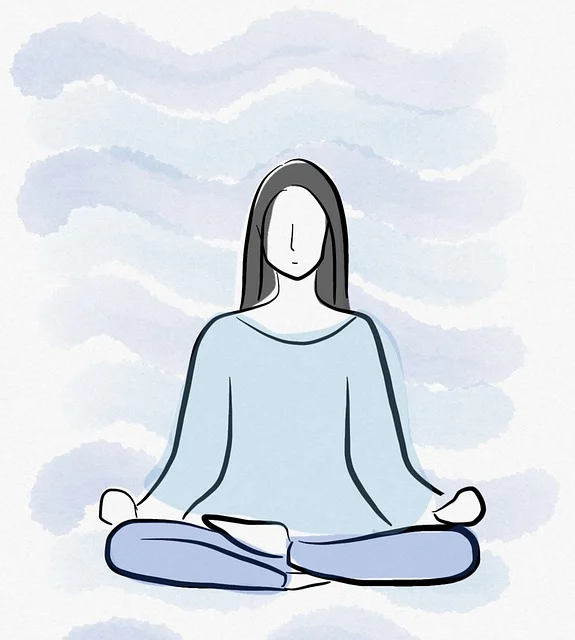Where do you even begin to prevent Stress?
Stress, they say, is a normal physiological and psychological reaction to the ever-increasing demands in life. It is hard not to be stressed and is a natural part of the world we live in today.
All you need to do is take in the groovy vibe of these orbs without overthinking or trying too hard. Work, your family and, well, life – there’s so much going on for you to have to deal with anything else right now.
But unless you chill out, your physical or mental health can suffer. But when you perceive a threat, your brain fires hormones to supercharge your body for action. Its the flight or fight scenario.
When the threat is removed, the person’s system returns to that same restful interoceptive state. But since you are under stress daily as part of your modern lifestyle, you are not recovering, your body is on constant defense and overtime you can break down. This is why stress has to be managed as sustained pressure at this level leads to poor health.
There are 2 major types of stress.
The first, considered simply and in its own right, and judged by reason on account of this pronation, is good and protecting;
- The protective stress which enables to deal with demanding work conditions while remaining effective;
- The severe stress which is exhausting and damages performance.
There are three sorts of severe stress:
Acute stress: caused by a sudden change through a new situation at work, an unknown social environment, an unfamiliar climate, or through private comings and goings.
Chronic stress: it can appear gradually or rapidly.
There’s a sense of confinement, of the discomfort, the open-endedness of being in the same room or even the same space as someone who, after their little magic tricks … just goes on. Or you have to go to work in the morning and pick up potatoes from the wholesaler and wash them, peel them, cut them the same way over and over, day in and day out … The food, especially when it’s at canteens, is often boring and not at all tasty … Or you’re freezing or baking. There’s always something missing.
Not least the inability to take a real break, or even a normal rest, at the times when he might manage a few between working hours – which can be all too short for many employees. If chronic stress is not identified, it leads to professional exhaustion or burn-out.
Post-traumatic stress disorder: it is caused by a traumatic and unexpected event. The risk of psychological trauma is high in conflict zones.
Stress common effects
Stress may damage your health, even though you are not aware of it. It can affect your body, thoughts, emotions and behaviour. Being able to recognise common symptoms can help you manage them. Its effect on your body is immediate. This might not be a problem in the short term, but you are making yourself ill if your stress is ongoing.
Consequences on your body
- Muscle tension or pain
- Headache
- Chest pain
- Fatigue
- Change in sex drive
- Stomach ache
- Sleep disorders
Consequences on your mood
- Anxiety
- Restlessness
- Lack of motivation or focus
- Feeling overwhelmed
- Irritability or anger
- Sadness or depression
Consequences on your behaviour
- Overeating or undereating
- Angry outbursts
- Drug or alcohol abuse
- Tobacco use
- Social withdrawal
- Exercising less often
Physical activity is key to relief your stress
Indeed, sport is surely the best occupation of all times: when you are working out, your heart speeds up, you produce endorphins — endogenous opiates which decrease the level of tension and allow you to relax in opiate evasion, without any other side effects.
Intense activities enable you to feel physically and mentally better. Just make sure to visit your doctor before starting intensity workouts.
Here are different types of activities that increase energy and reduce stress:
- Intense activities: running, dancing, spinning, roller-skating, etc
- Team sports: football, basketball, volleyball, etc.
- Yoga
- Pilates
- Biking
Minds Recommendations
- Accept that there are things you cannot control.
- Be positive: instead of being negative, read positive thoughts and encouragement messages.
- Keep the pressure low: if working too hard, go out or close your eyes and inhale/exhale deeply to let go of pressure.
- Manage your time: take the time to do things.
- Do things that you like, such as reading or gardening.
Bodies Recommendations
- Take 15 to 20 minutes per day to think calmly.
- Learn and practice relaxation techniques like yoga or deep breathing;
- Exercise regularly by cycling, walking, hiking, jogging or working out at the gym;
- Avoid alcohol, tobacco and drugs for recreational use;
- Eat healthy and balanced meals.
Seek professional help
- Look for support: your family and friends;
- If things get too difficult to handle. Visit a therapist or a psychiatrist.
Roselyn contributes business related articles and creates professional development related content for businesses across Australia. She designs and develops interactive presentations to assist trainers and facilitators provide engaging training workshops.






